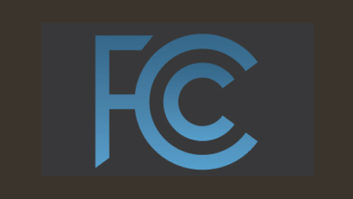WASHINGTON ��The Federal Communications Commission has amended its public inspection file rules. Over the past year or two, it had already been scaling back and revising longtime public file requirements, and moving the public file process almost entirely online. But the question of the correspondence file has been contentious and was a hangover from the end of the Thomas Wheeler-era FCC. Now one of the first actions of the Ajit Pai FCC is to dump that provision too.
�
The chairman said that there is �little, if any, connection between the correspondence file requirement and its purported goal of ensuring that a station serves its local community.� He said stations can still communicate directly with a station �by letter, email, or through social media� and that the public will continue to be able to file petitions or objections concerning a station licensee�s performance at the time the station files its renewal application.
�
Pai said the FCC is �fully ensconced in the digital age, but our rules still require many regulated entities to put a priority on pulp.� He thanked fellow Republican Commissioner Michael O�Rielly for his work on the issue and said��stations will still have every incentive to serve their communities in an increasingly competitive marketplace.�
�
O�Rielly�s statement thanked Pai and their Democratic colleague Mignon Clyburn for their support. �I recommit myself to the task of doing whatever I can to clear out similar underbrush in this and other regulated spaces. We will all be better off if we spend half the time we do regulating on finding ways to remove unnecessary and obsolete burdens on broadcasters.�
�
The FCC also spiked a requirement that cable operators maintain the designation and location of a cable system�s principal headend for public inspection.
��
Read the full article at radioworld.com.
�
�










